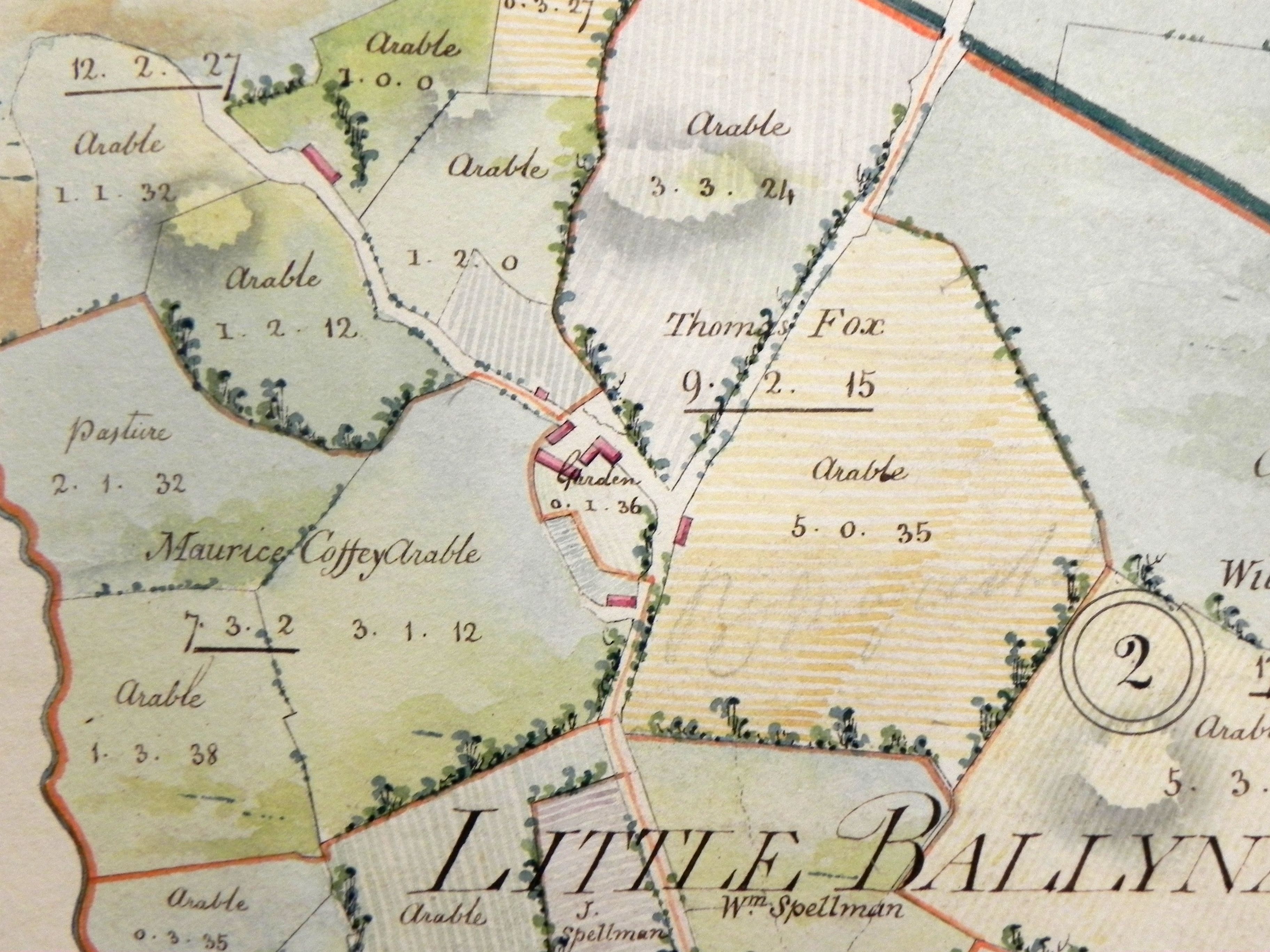Minute Book of the Dublin Women’s Suffrage Association / Irish Women’s Suffrage and Local Government Association (1876–1913)
The minute book records every committee meeting of the association, 213 in all and not one of which Anna Haslam missed, from the first in 1876 to end of 1913, when she resigned as secretary. She then appended a list of the different ‘chairmen’ [sic], the number of meetings chaired by each, and a list of petitions gathered and presented over the years.
Meeting by meeting the minutes record the names of those who attended and the changing structure as women increasingly outnumbered men and took over the chairing of most meetings. They follow the development of the association’s work, its times of pessimism and of optimism. They record its changes of name, first to the Dublin Women’s Suffrage and Poor Law Guardian Association, when women won eligibility as poor law guardians, then formally to the Dublin Women’s Suffrage and Local Government Association when they gained all local government franchises and eligibility for election as district councillors, and later to the Irish Women’s Suffrage and Local Government Association as the suffrage movement expanded in the early 20th century.
They record the arrival on the committee of nationalists like Hanna Sheehy Skeffington and Mary Hayden. The central role of Anna Haslam as secretary is clear throughout her initiative and the burden of work she carried, while it is equally clear that the association was never a one-woman show, as differences of opinion, argument and even resignations over various issues are minuted.
Above all, the minutes are a record of continuous activism and organisation: drawing room and public meetings; petitions to parliament; lobbying of MPs to support the next women’s suffrage bill or amendment to a bill. They also record the energy and effort the association put into encouraging and actively helping women to use the franchises they had won and avail of their eligibility for election as poor law guardians and district councillors.
At the same time it countered any attempts to disqualify women and pressed for the appointment of women to positions such as rate collectors and sanitary inspectors, while always pursuing the association’s main objective of the parliamentary vote. The minute book is a primary source that will continue to be mined for information as historians continue to pose new questions to the historical record.
For more information see Anna Haslam’s contribution to the cause of women’s rights in Ireland, Mary Cullen
Please click on the links below to consult the minute book which begins in 1876 and ends in 1914.
Minute Book, 21 February 1876-14 January 1884
Minute Book, 14 January 1884-28 March 1893
Minute Book, 24 October 1893-4 October 1898
Minute Book, 4 October 1898-15 March 1901
Minute Book, 15 March 1901-12 January 1905
Minute Book,12 January 1905-19 March 1908
Minute Book, 19 March 1908-8 September 1910
